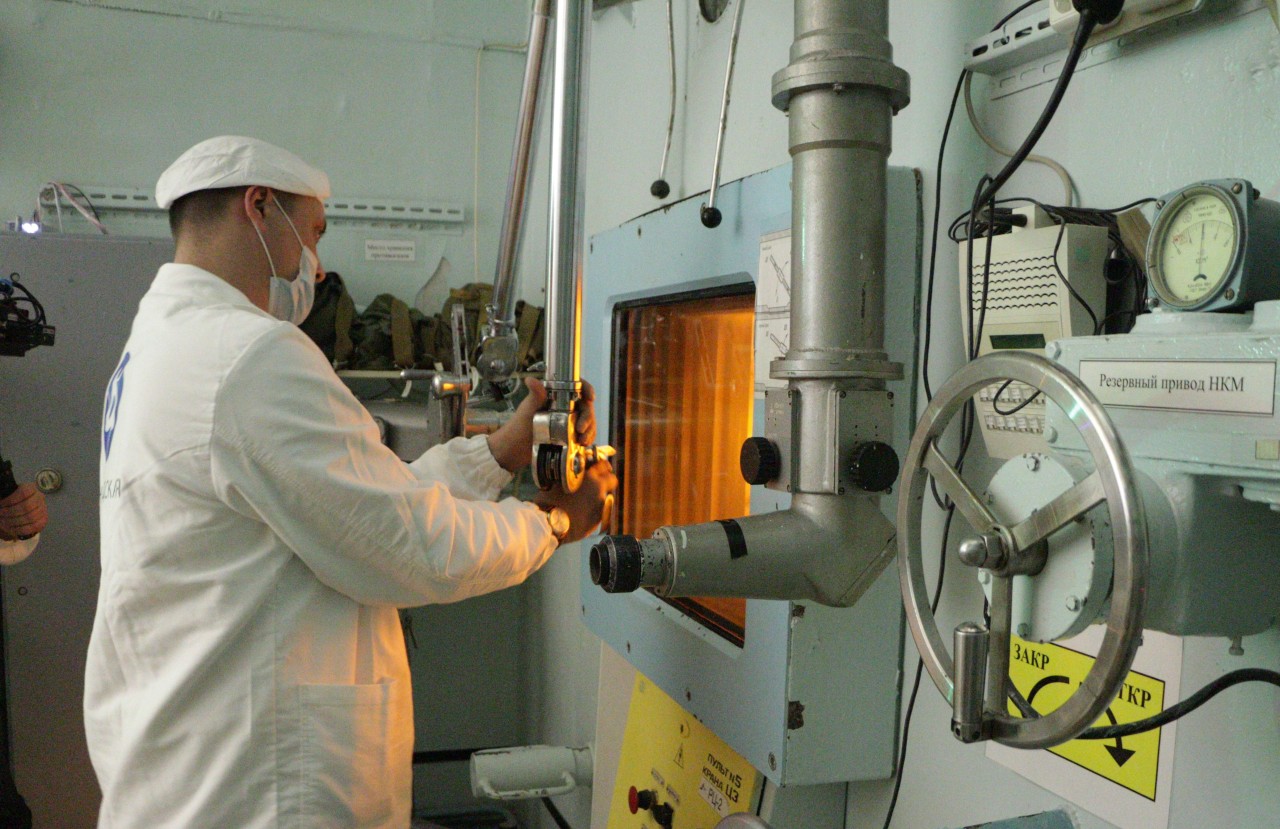 Production of medical isotopes – iodine-131 (I-131) and molybdenum-99 (Mo-99) is to begin at Russia’s Smolensk and Kursk NPPs following discussions held at Leningrad NPP. Participants included representatives of nuclear utility Rosenergoatom, specialists from the Leningrad, Smolensk and Kursk plants and equipment developers from the NA Dollezhal Scientific Research & Design Institute of Power Engineering (Nikiet).
Production of medical isotopes – iodine-131 (I-131) and molybdenum-99 (Mo-99) is to begin at Russia’s Smolensk and Kursk NPPs following discussions held at Leningrad NPP. Participants included representatives of nuclear utility Rosenergoatom, specialists from the Leningrad, Smolensk and Kursk plants and equipment developers from the NA Dollezhal Scientific Research & Design Institute of Power Engineering (Nikiet).
At the moment, Leningrad is the only Russian NPP that produces medical isotopes using the RBMK reactor at unit 4. The specialists visited the unit 4 reactor hall where the isotopes are produced; and the operator's protective chamber, where isotopes are cut for further transfer to containers and shipment to customers. Smolensk and Kursk are the only other Russian NPPs operating RBMK reactors.
Alexei Kondratiev, Head of the Radiation Technologies Department at Leningrad NPP said the aim is to begin production at Smolensk and Kursk in 2026. “Implementation of this project will make it possible to provide Russian manufacturers of radiopharmaceuticals with high-quality raw materials, which are widely used for diagnosing various pathologies of the body and treating them, including oncological diseases,” he said.
Leningrad NPP has been producing isotopes for more than 20 years. These include 20-25% of the world's supply of cobalt-60 widely used for sterilising medical instruments, materials and food products, changing the properties of various polymers, increasing seed germination, etc. The unique design of the RBMK-1000 channel reactors makes it possible to ensure the continuous production and unloading of isotopes from the reactor without stopping the power generation process.
Image courtesy of Rosatom






